Life
Sign up for our newsletter
We summarize the week's scientific breakthroughs every Thursday.
-
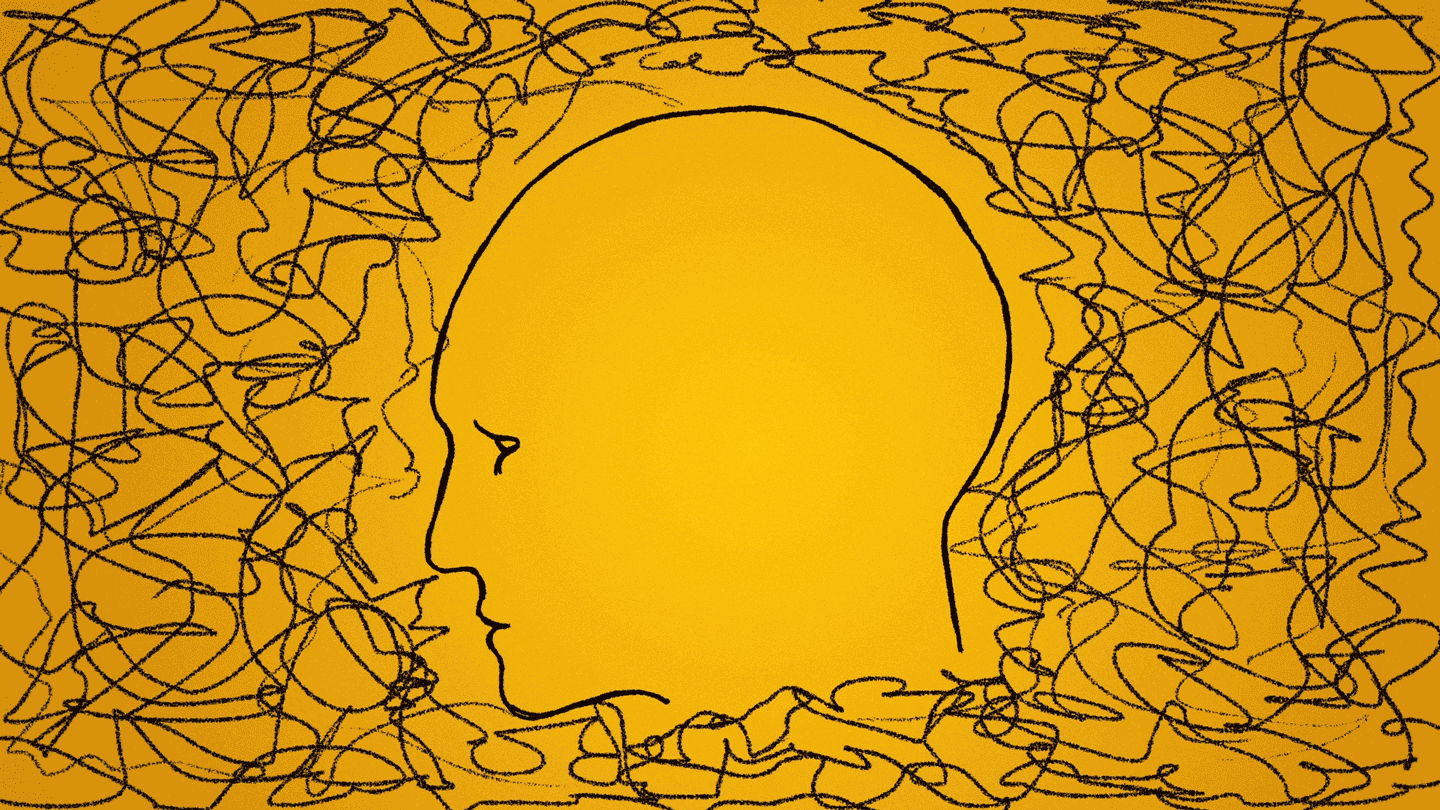 Psychology
PsychologyA brain network linked to attention is larger in people with depression
Brain scans revealed that teenagers with larger attention-driving networks were more likely to develop depression.
-
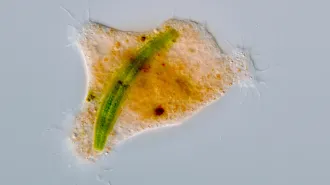 Microbes
MicrobesThis amoeba eats prey like owls do
Meet the ‘owl slime’ amoeba, which drains its prey and spits out the shell.
By Jake Buehler -
 Neuroscience
NeuroscienceA cell biologist is investigating the balance of brain flexibility, stability
Andrea Gomez, a Berkeley molecular and cell biologist, applies her wide-ranging curiosity to brains’ mysteries ranging from synapses to psychedelics.
-
 Life
LifeThis biophysicist’s work could one day let doctors control immune cells
The Stanford biophysicist thinks that understanding the mechanics of cell movement could allow scientists to manipulate immune cells.
By Meghan Rosen -
 Environment
EnvironmentA biogeochemist is tracking the movements of toxic mercury pollution
Exposing the hidden movements of mercury through the environment can help reduce human exposure.
By Nikk Ogasa -
 Neuroscience
NeuroscienceBy studying the eyes, a researcher explores how the brain sorts information
Freek van Ede seeks to understand how the brain selects information to plan for the future. He’s finding clues in the tiny movements people make with their eyes.
-
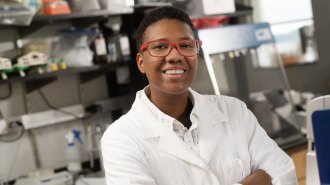 Health & Medicine
Health & MedicineHIV and illicit drugs are a bad mix. This scientist found an unexpected reason why
The neuroscientist considers themself an outsider, which allows them to embrace people who have been marginalized, including people who have HIV.
-
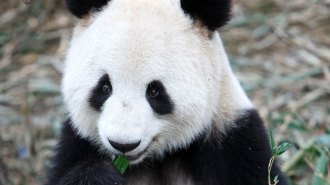 Animals
AnimalsScientists have just turned giant panda skin cells into stem cells
If the pluripotent stem cells can be turned into precursors to egg and sperm cells, the feat could potentially be a big deal for giant panda conservation.
By Jason Bittel -
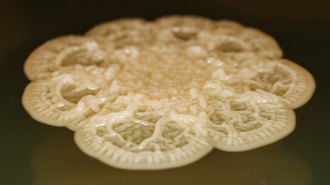 Microbes
MicrobesSome bacteria in your mouth can divide into as many as 14 cells at once
The filamentous bacterium Corynebacterium matruchotii has a unique reproductive strategy that might allow it to claim territory quickly.
-
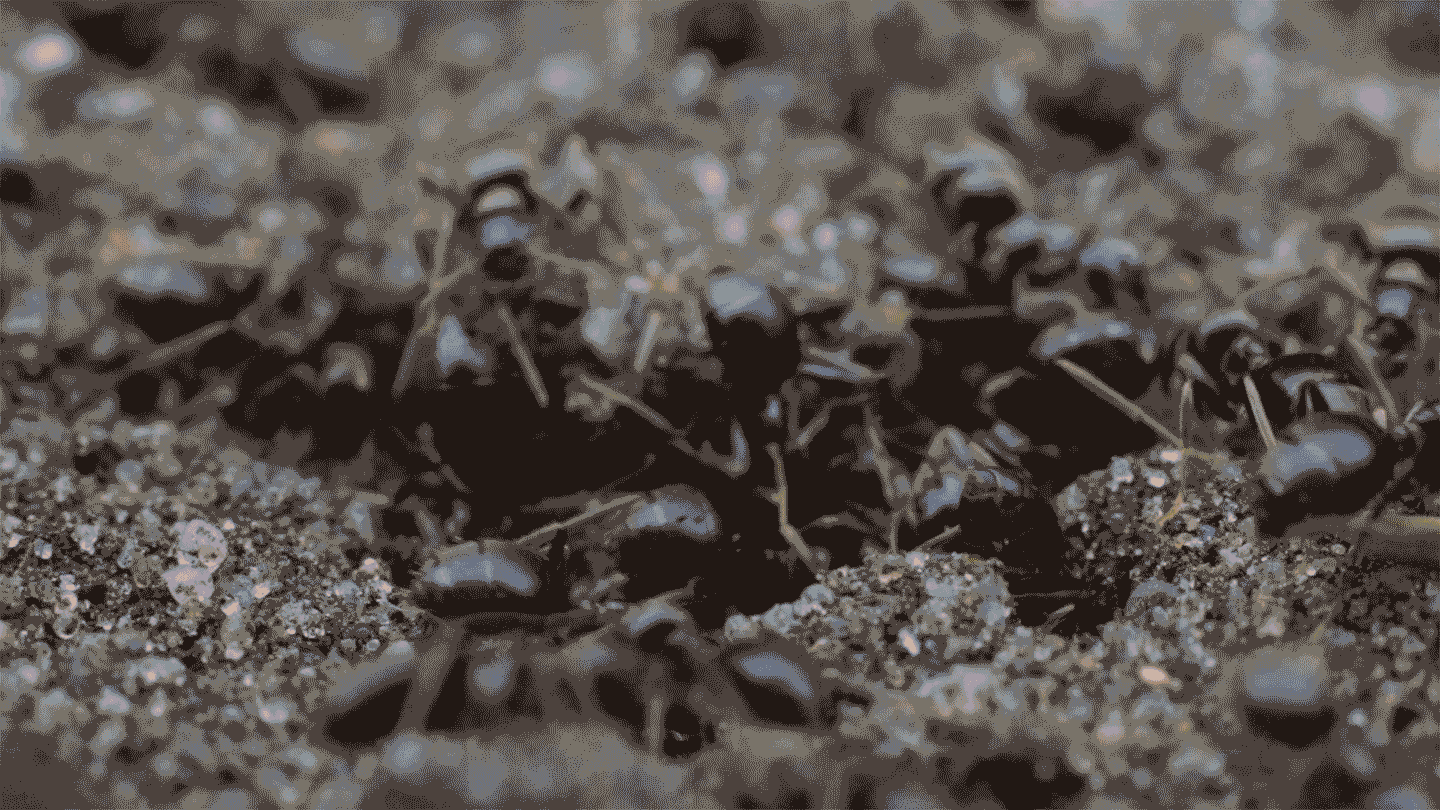 Animals
AnimalsAnts changed the architecture of their nests when exposed to a pathogen
Black garden ants made tweaks to entrances, tunnels and chambers that may help prevent diseases from spreading.
-
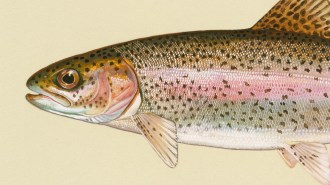 Neuroscience
NeuroscienceSome healthy fish have bacteria in their brains
Animals including mammals usually protect their brains from infiltrating microbes that can cause disease. But some fish seem to do just fine.
-
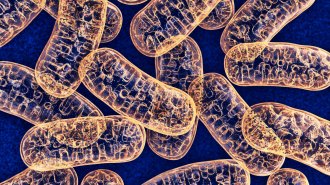 Neuroscience
NeuroscienceMitochondria can sneak DNA into the nuclei of brain cells
An analysis of tissue samples from nearly 1,200 older adults found that the more insertions individuals had, the younger they died.